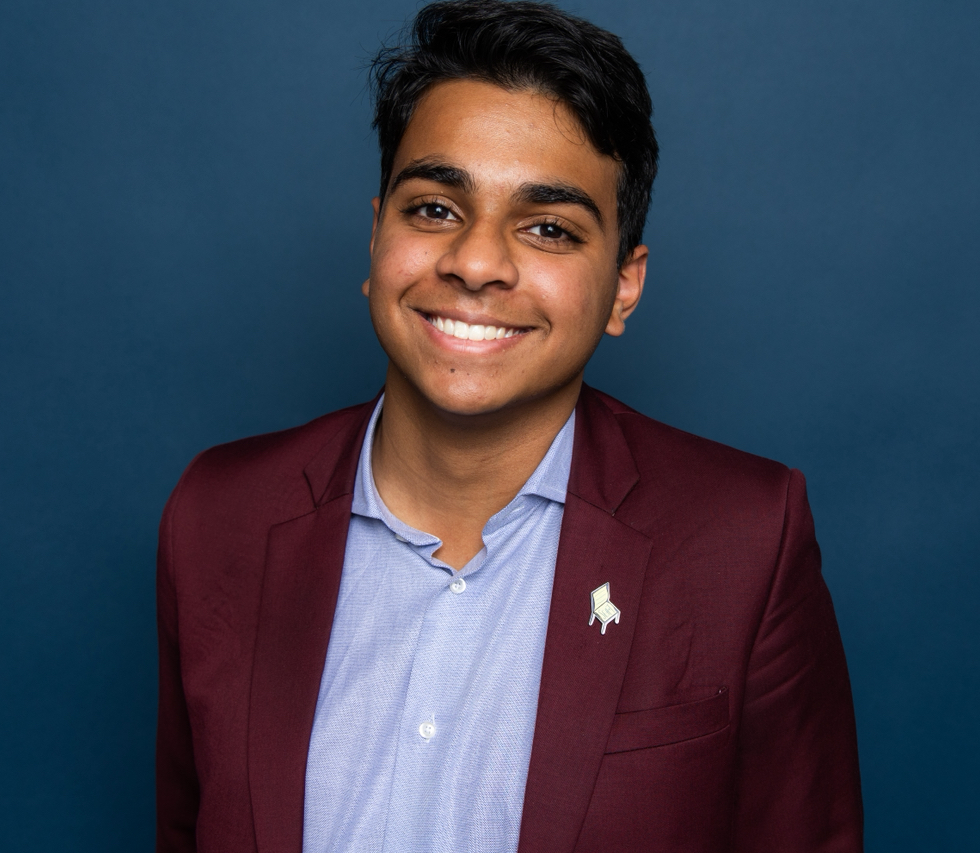We recently connected with Ayaan and have shared our conversation below.
Ayaan, so good to have you with us today. We’ve got so much planned, so let’s jump right into it. We live in such a diverse world, and in many ways the world is getting better and more understanding but it’s far from perfect. There are so many times where folks find themselves in rooms or situations where they are the only ones that look like them – that might mean being the only woman of color in the room or the only person who grew up in a certain environment etc. Can you talk to us about how you’ve managed to thrive even in situations where you were the only one in the room?
I have learned that no one can represent my story as accurately as I can. The mental health struggles that I’ve had, the racism that I’ve faced, the bullies that have targeted me – no one knows what I’ve been through better than me. So when I am in a room and I am the only one with my experiences or who looks like me, yes, it is often scary but it also feels like an incredible honor because I know that I am not the only one who has been what I’ve been through and I have a responsibility to represent my community with dignity and honor.
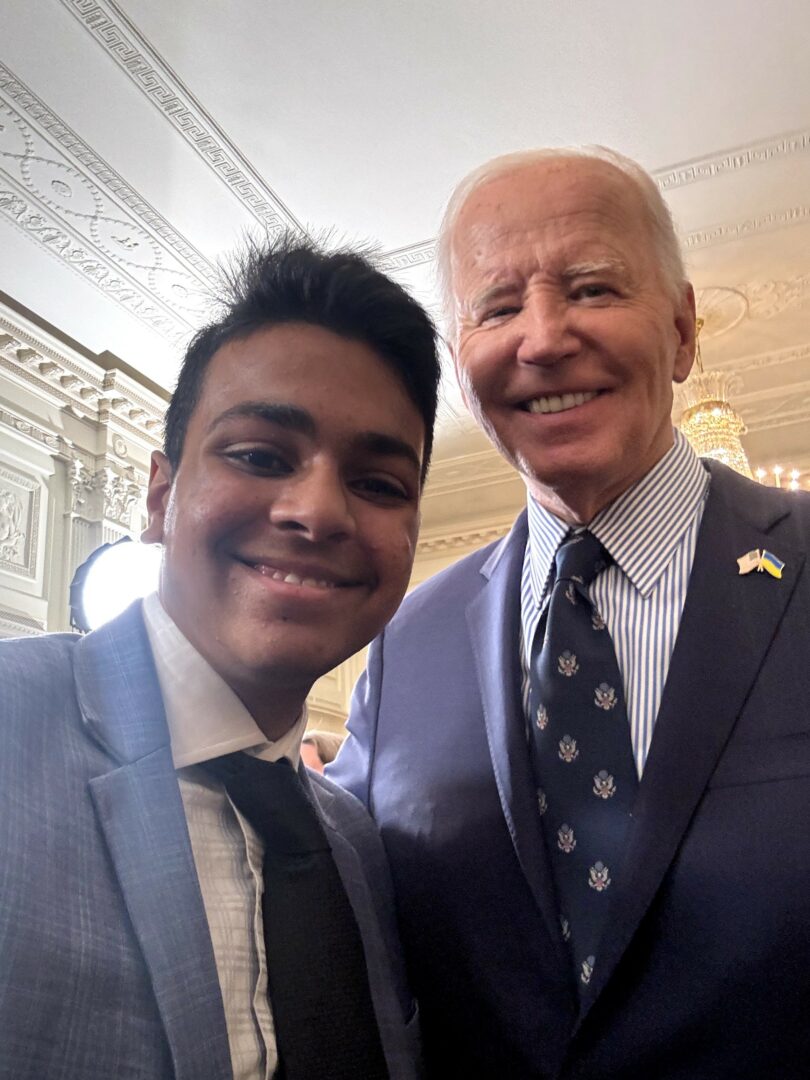
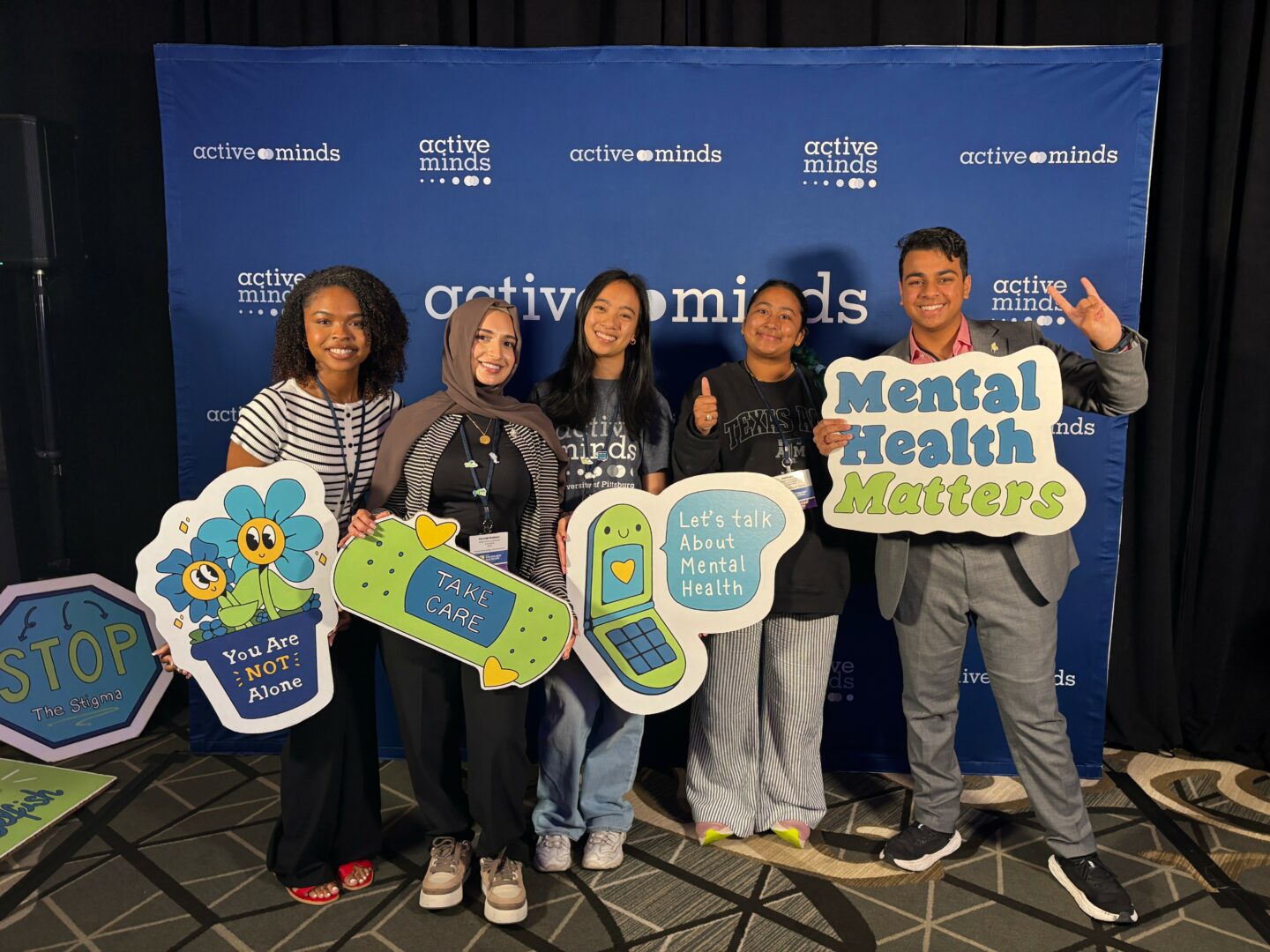
Thanks, so before we move on maybe you can share a bit more about yourself?
I’m a youth advocate focused on mental health and education policy. Much of my work comes from my own lived experience navigating depression, OCD, and the lack of resources that many students face. I’ve worked to make sure young people’s voices aren’t just heard, but actually shape policies—whether it’s pushing for the 988 Suicide Lifeline number on student IDs, building stronger anti-bullying protections, or advancing ethnic studies in schools through the Teach Diverse History Act.
What excites me most about this work is seeing how young people—my peers—are proving that we can lead change, not just wait for it. When I sit in front of members of Congress or speak on national panels, I’m reminded that our stories carry power. It’s special to me because every step forward is both deeply personal and broadly systemic: I’m helping create solutions that could have changed my own experience, and now they can change someone else’s.
Something I’d like folks to know is that advocacy isn’t about being perfect or having it all figured out—it’s about showing up, telling your story, and refusing to accept that “the way things are” is the way they have to be. For me, it’s also about building hope. I want young people to know they matter, their mental health matters, and that they can be the driving force in rewriting the systems we inherit.
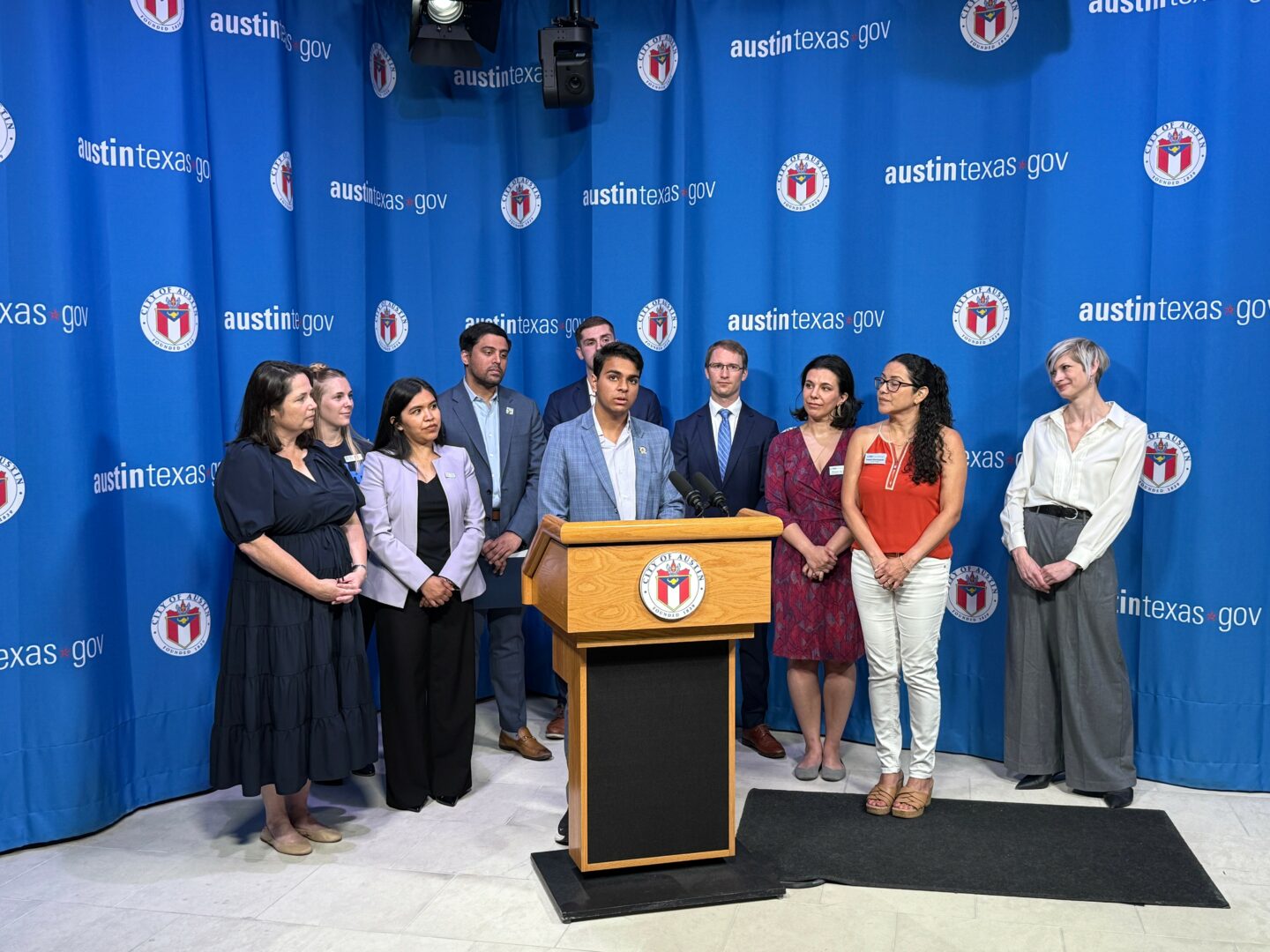
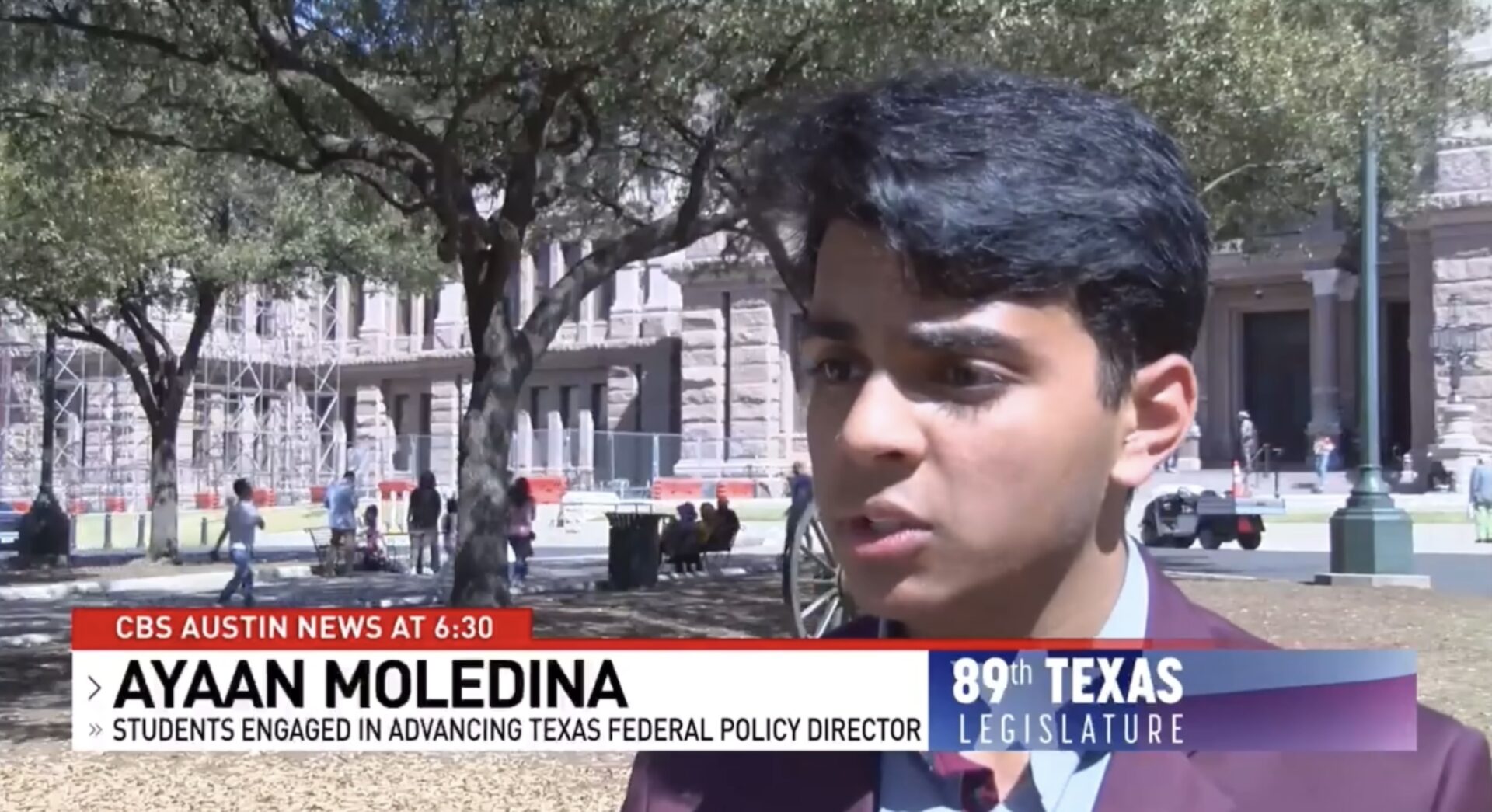
Looking back, what do you think were the three qualities, skills, or areas of knowledge that were most impactful in your journey? What advice do you have for folks who are early in their journey in terms of how they can best develop or improve on these?
First, lived experience was the foundation. Being open about my own struggles with mental health gave me credibility and a level of authenticity that policy papers alone can’t provide. People connect with stories, and that has opened doors for me in ways I never imagined.
Second, communication has been critical—whether it’s testifying before lawmakers, organizing with peers, or simplifying complex policy into language that students and parents can actually use. Learning how to frame an issue in a way that resonates with different audiences has made a huge difference.
Third, persistence and resilience. Advocacy is full of setbacks—bills stall, people doubt young voices, and change takes longer than it should. But each time I kept going, it strengthened both my resolve and my impact.
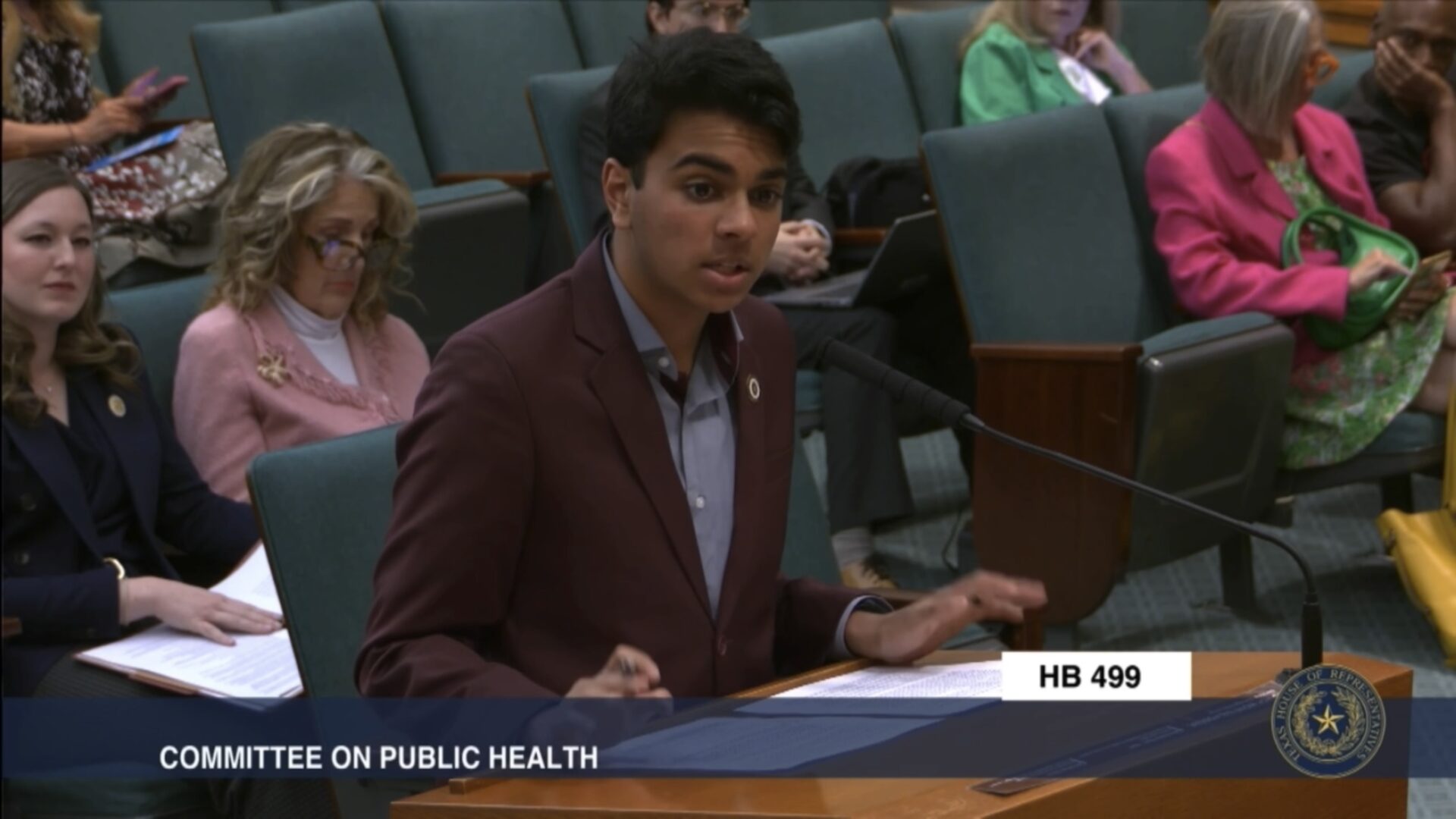
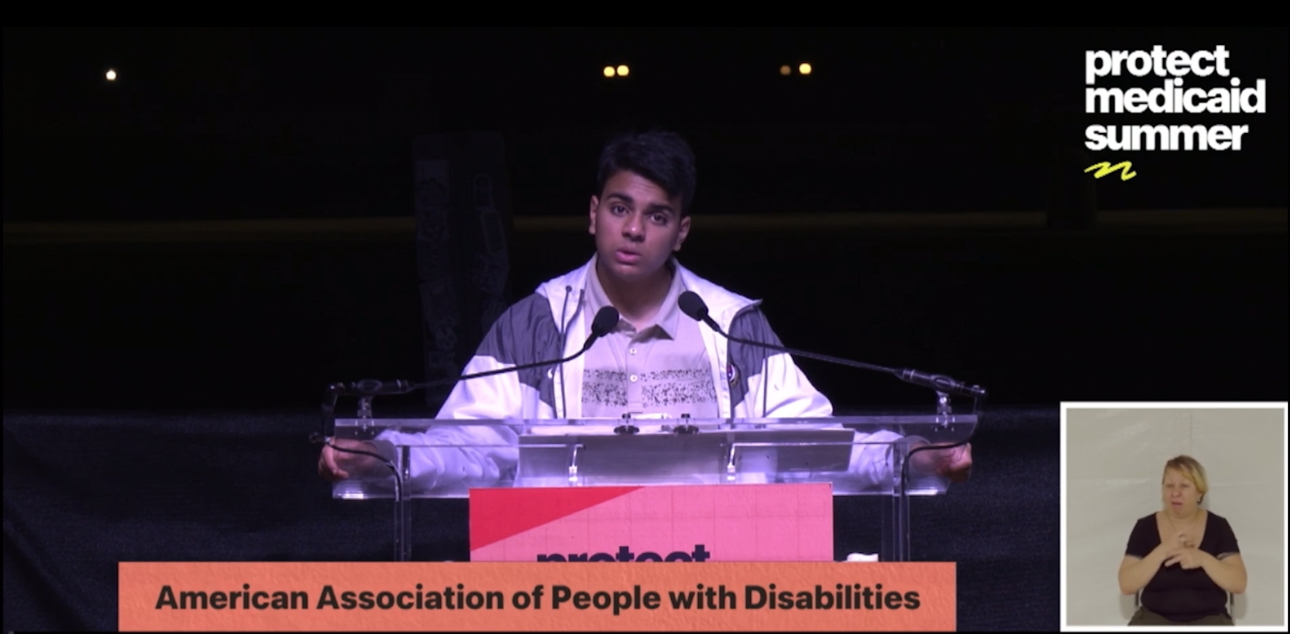
As we end our chat, is there a book you can leave people with that’s been meaningful to you and your development?
One of the most important books in my development has been Wonder by R.J. Palacio. Reading it when I was younger left a lasting impression on me, because it wasn’t just a story about a boy with facial differences—it was a story about empathy, kindness, and the ripple effects of how we treat one another.
The most impactful lesson I took from Wonder was the idea that everyone is fighting battles you can’t always see, so leading with compassion matters. That resonates deeply with my mental health advocacy, because so many students silently struggle with challenges that don’t show on the surface. Another nugget of wisdom was the book’s recurring theme of choosing kindness. That phrase, simple as it sounds, has been a compass for me—whether I’m testifying before legislators, supporting peers, or building campaigns.
Finally, Wonder reinforced for me that inclusion isn’t just about tolerating differences—it’s about celebrating them and creating spaces where everyone feels like they belong. That perspective has shaped both my mental health and education advocacy, and it’s something I try to carry into every project I take on.
Contact Info:
- Website: https://www.studentsengaged.org/
- Instagram: @ayaanmoledina and @studentsengaged
- Linkedin: https://www.linkedin.com/in/ayaan-moledina-4a5682220/
- Twitter: @ayaanmoledina
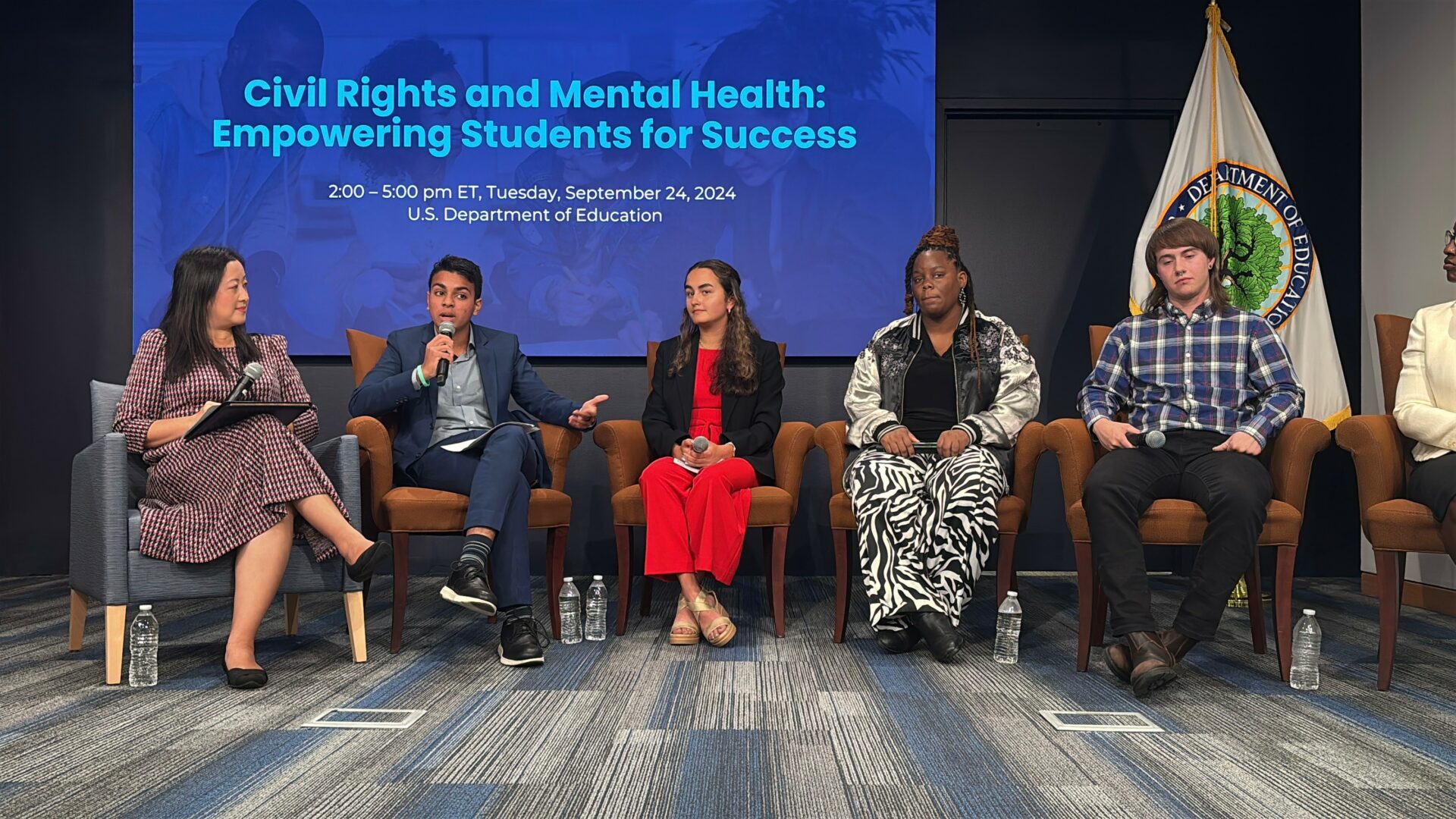
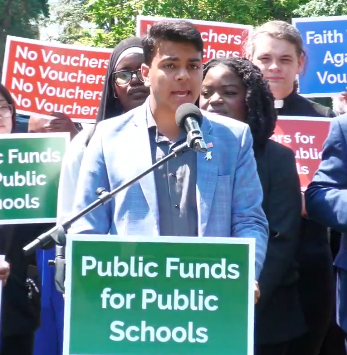
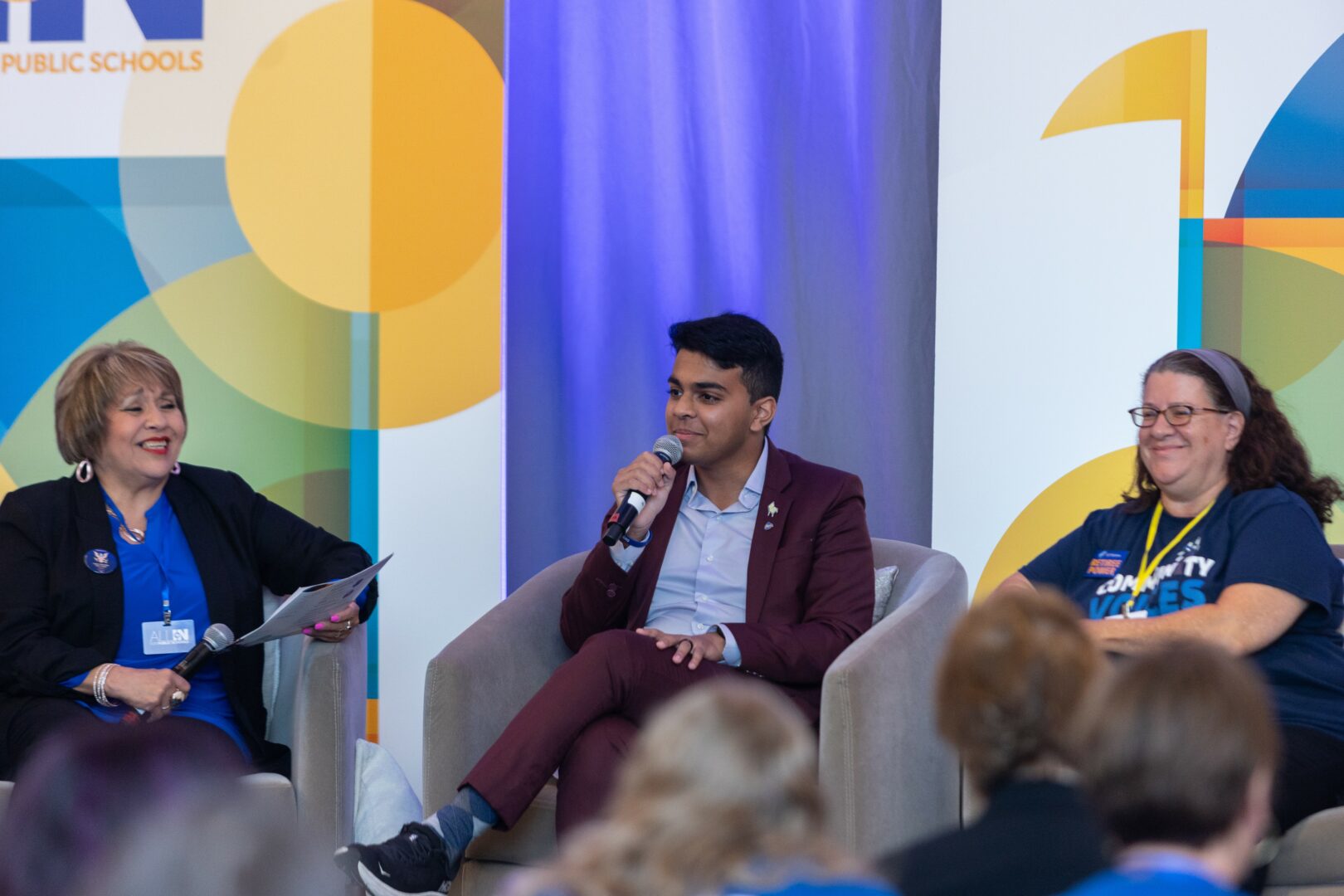
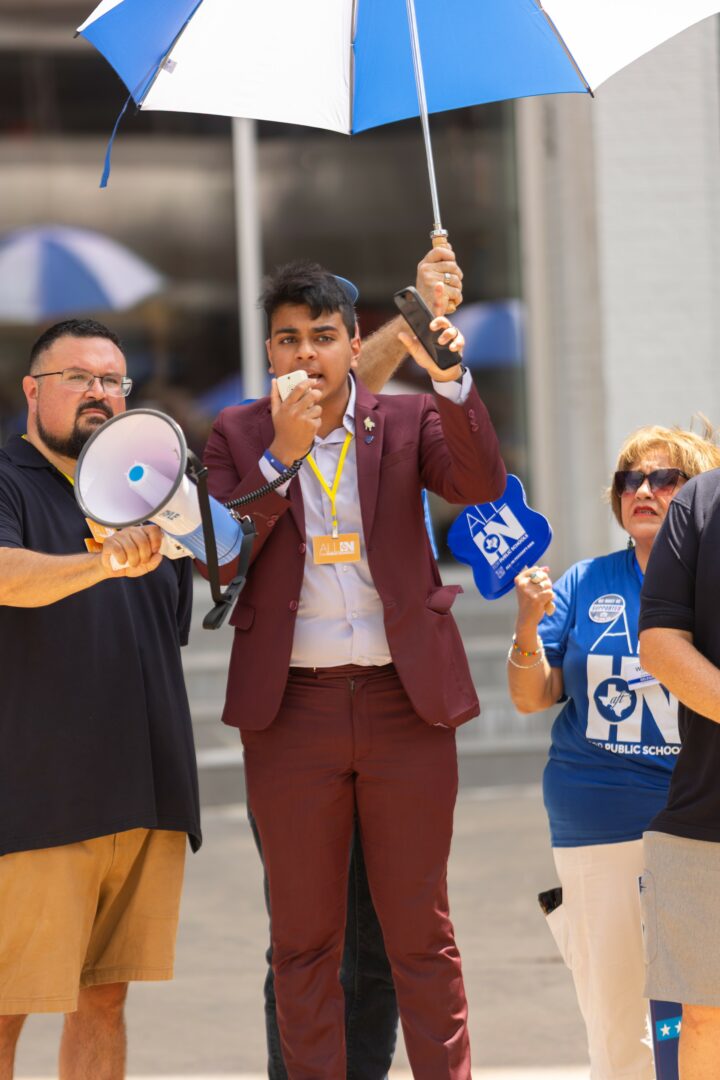
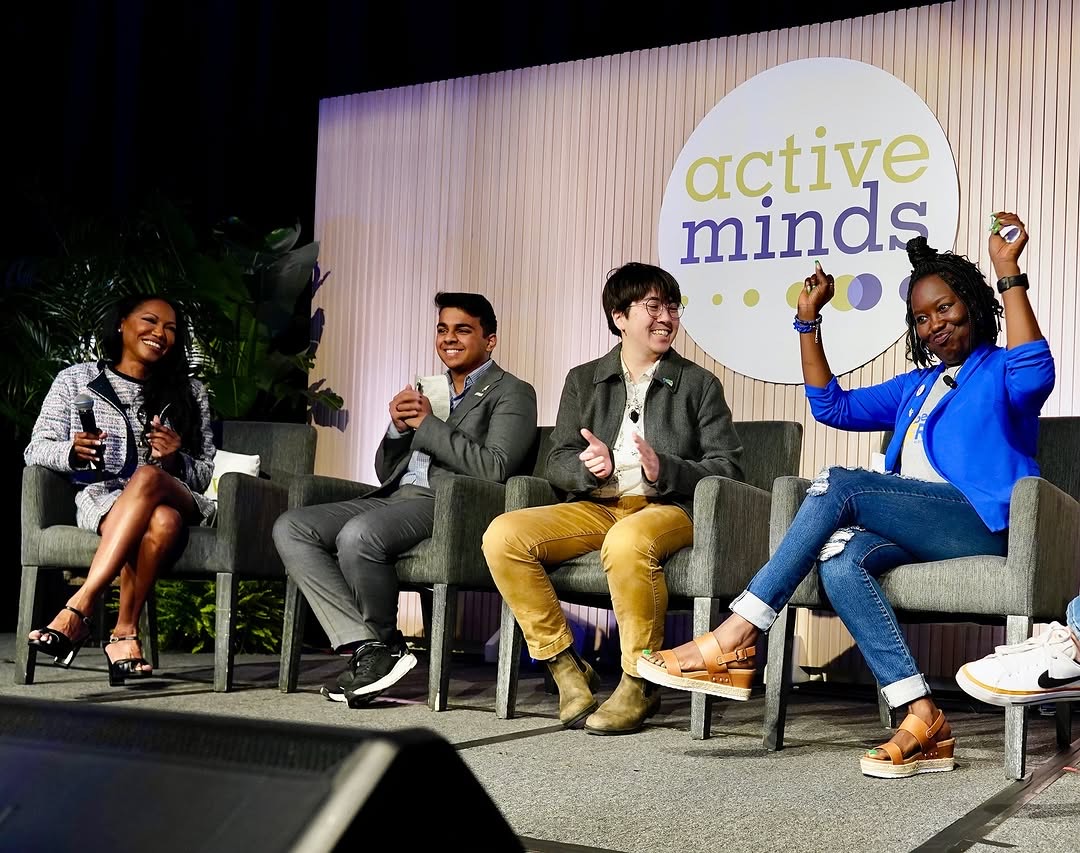
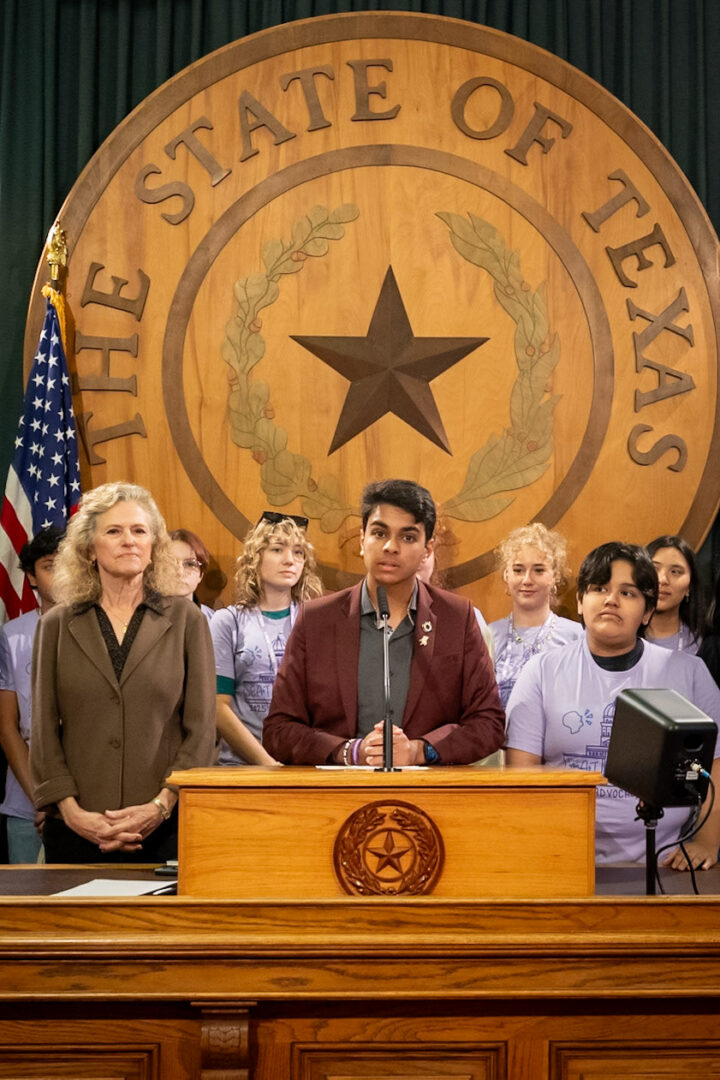
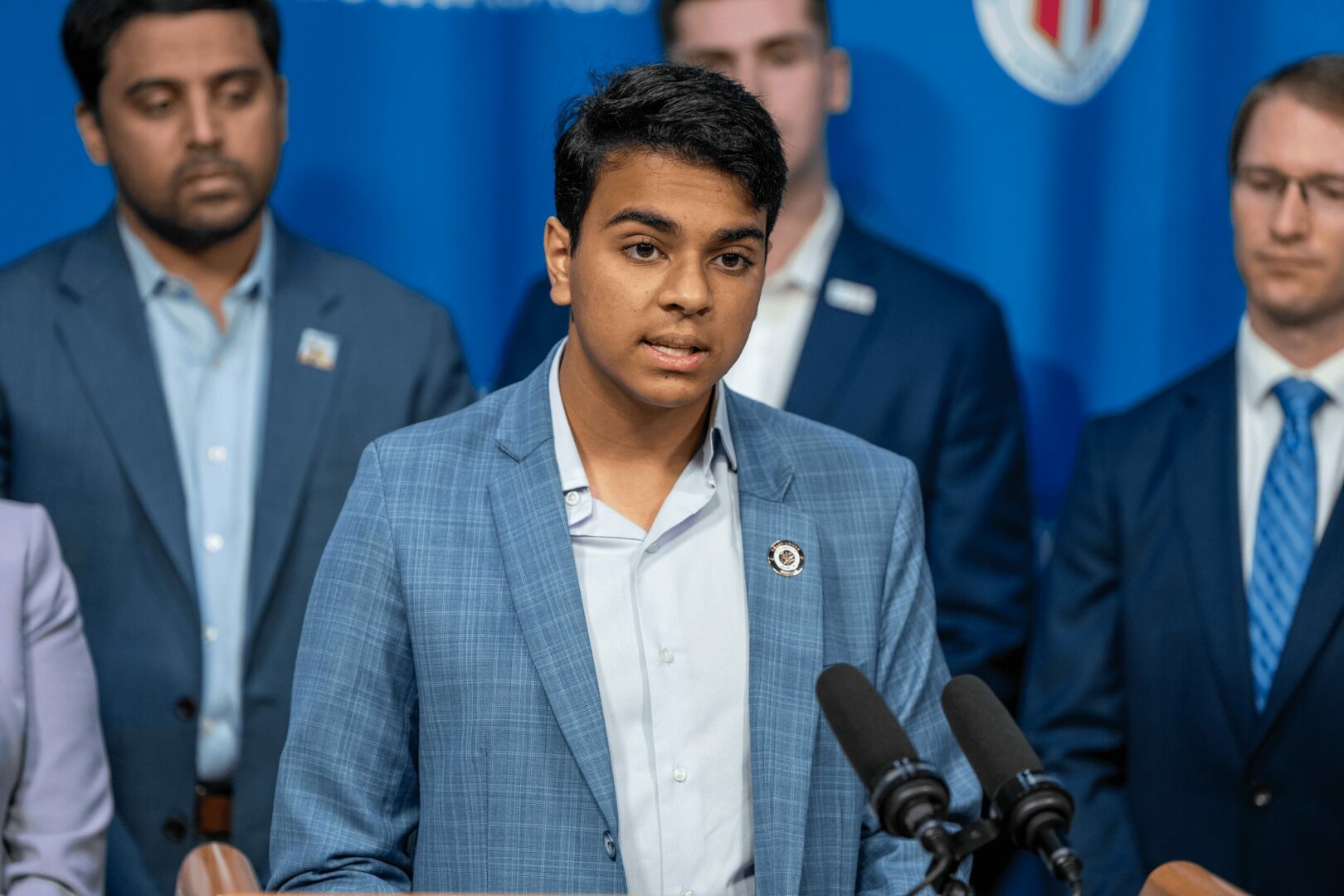
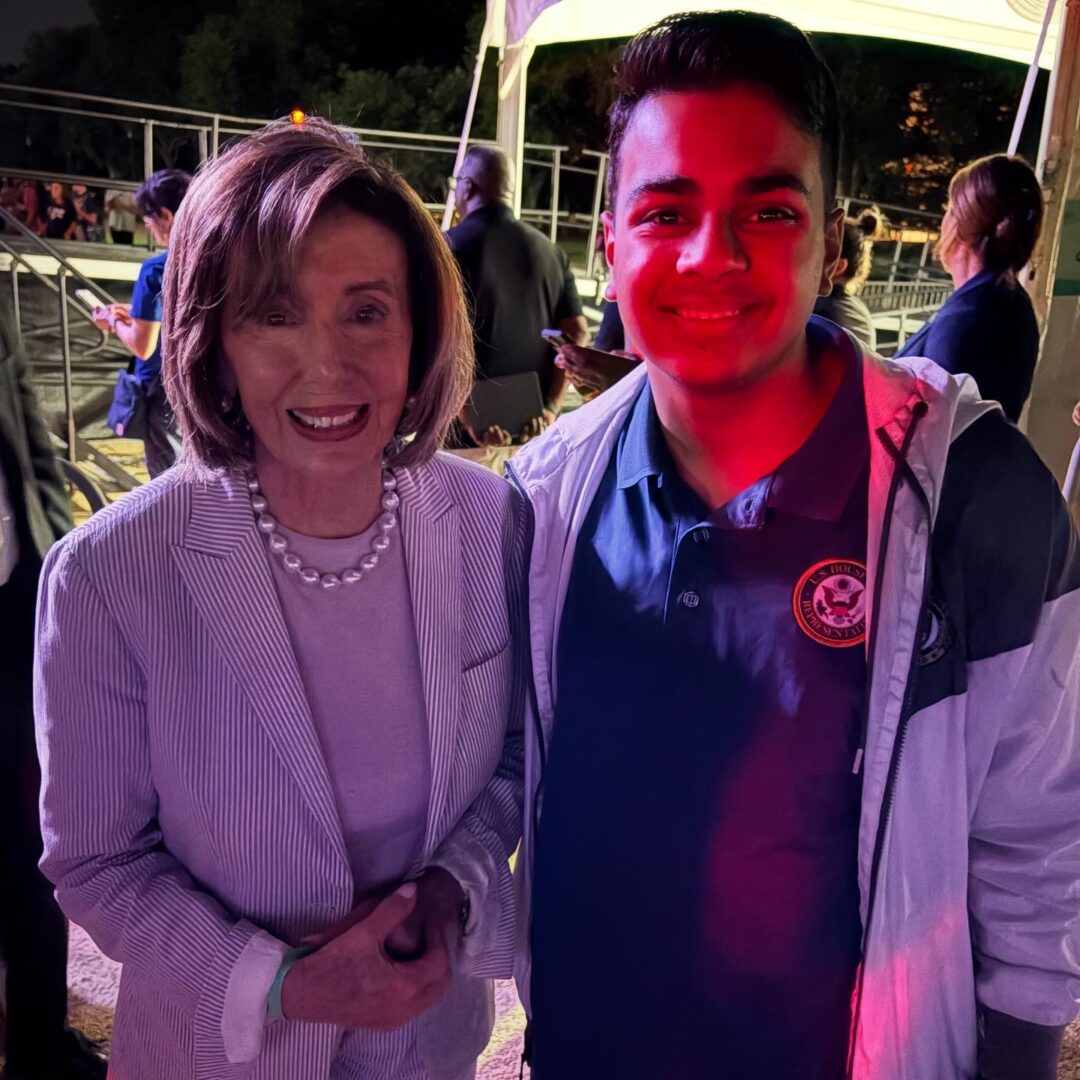
so if you or someone you know deserves recognition please let us know here.

